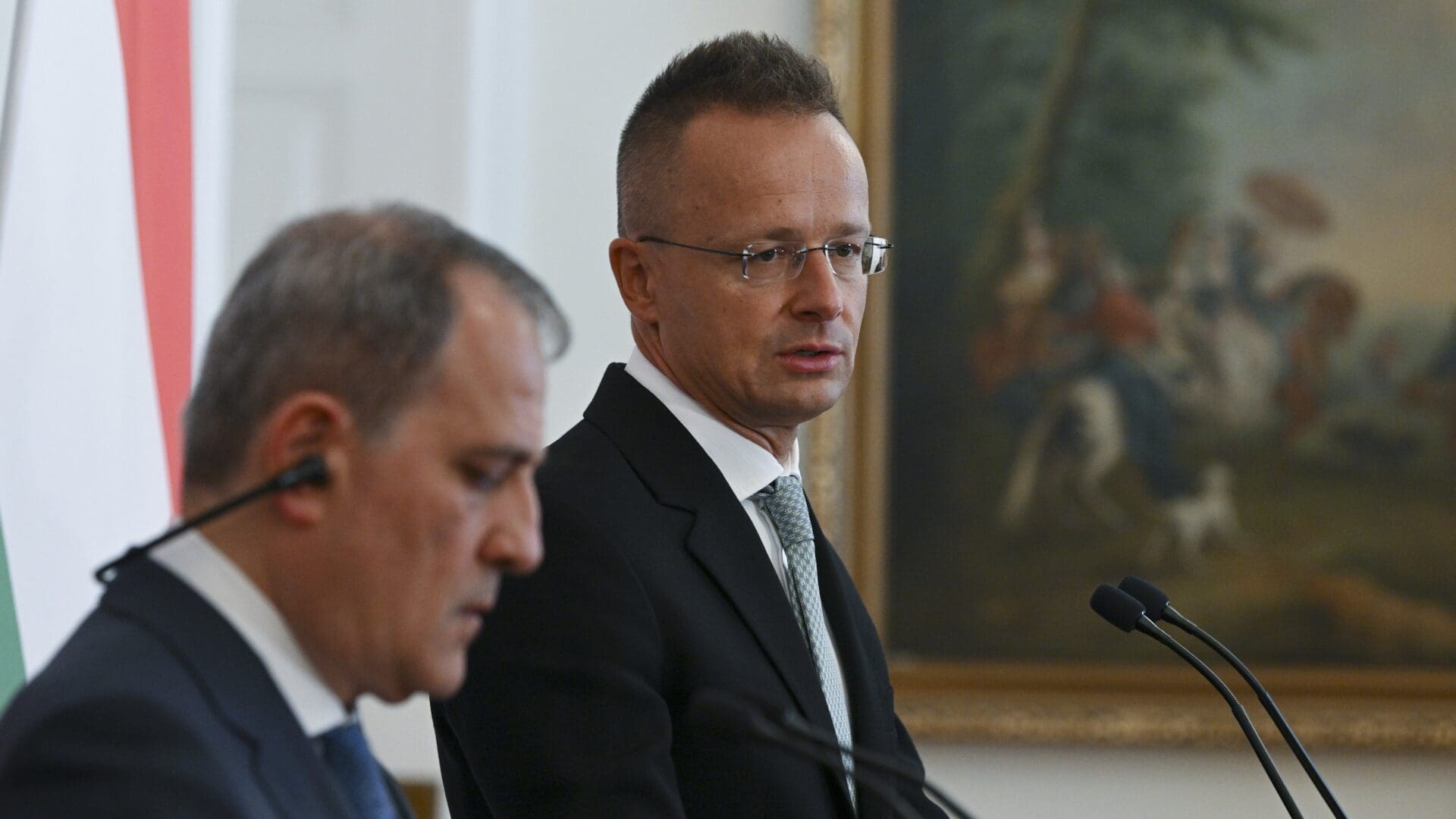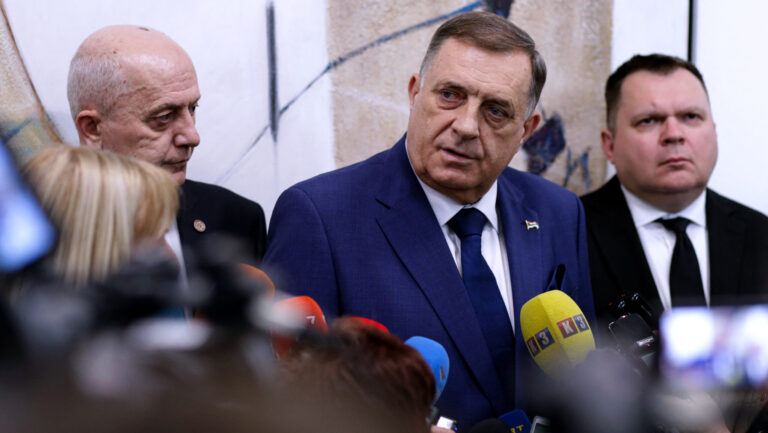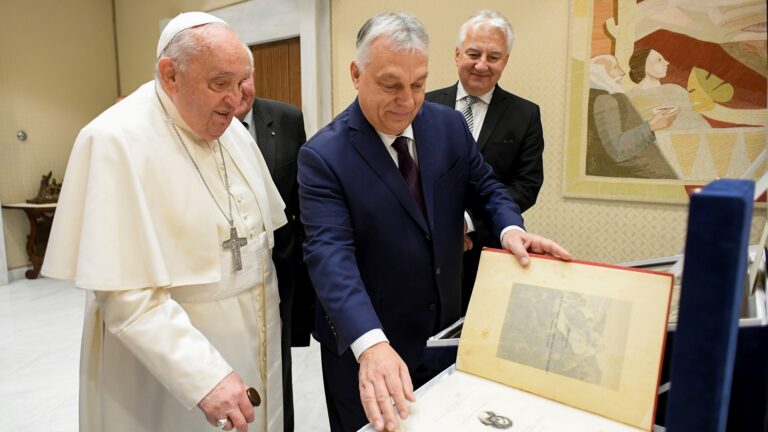By refusing to finance the expansion of energy infrastructure, Brussels has lost the right to interfere with where Central Europe, including Hungary, sources its natural gas from, Minister of Foreign Affairs and Trade Péter Szijjártó declared on Monday in Budapest.
After the first session of the bilateral strategic dialogue with his Azerbaijani colleague Ceyhun Bayramov, the minister emphasized that in recent years, it has been evident that the closer the cooperation between the two countries, the more Hungary benefits in terms of energy security and economic growth. Regarding the former, he stressed the importance of diversification and the inclusion of new natural gas sources, highlighting that
Azerbaijan can represent a realistic alternative not only for Hungary, but also from a European perspective.
‘It’s good news that after years of negotiations, the physical gas flow between Azerbaijan and Hungary has started this year,’ he said, reminding that an agreement has been reached for the purchase of 100 million cubic metres and the storage of 50 million cubic metres. He then added that the government would like to further increase this quantity to approximately one billion cubic meters annually. ‘Whether this will be successful is not up to us, nor the Azerbaijanis, but the European Union. The situation is such that the Southeast European infrastructure currently lacks sufficient capacity to meet the diversification needs of Central European countries,’ he stated. He underscored that capacity expansion is essential to involve Azerbaijani, Turkish, and Qatari sources in the region’s supply, and all of this will remain a dream until the EU is willing to support it financially. ‘Since the European Union currently refuses to contribute to the financing, Brussels has lost any right to intervene in where Central European countries, including Hungary, source their natural gas from,’ he stated.
Szijjártó highlighted the importance of the relationship between the two countries in terms of maintaining economic growth, demonstrated by the fact that trade in the first half of this year was twice the volume of the entire previous year. He attributed this mainly to the continuous expansion of Hungarian pharmaceutical exports and energy imports. He welcomed the agreement that allows Hungarian companies to participate in the reconstruction of the Nagorno-Karabakh region after the war’s devastation, representing tens of millions of dollars in opportunities. He also noted that two Hungarian pharmaceutical companies are set to invest in the South Caucasian country, and recently, Hell Energy also decided to build a plant there worth around $200 million.
‘I remember when we started building our relationship with Azerbaijan in 2010–11; at that time, here in Europe, they didn’t just laugh at us, but also looked down on us for it. So it’s funny to see Western European leaders jostling in Baku to take joint photos with President Aliyev,’ he said. ‘However, our friendship is not conjuncture-dependent; we haven’t been friends only since it turned out that you have natural gas,’ he concluded, addressing his remarks to his Azeri counterpart.
Responding to a journalist’s question about who the next President of the European Commission should be, he opined that Ursula von der Leyen, the current head of the Brussels body, has done ‘very poorly’ for the continent. During her term, China took second place from the EU in the global gross domestic product ranking; one by one, they threads of East-West cooperation were cut, not to mention that Brussels severely discriminates against Poland and Hungary, he said.
On another topic, he reiterated that
as long as Ukraine tramples upon national minority rights,
the protection of which is an important EU fundamental value, the government will not assent to accession negotiations.
Regarding this, he expressed doubts about whether the Kyiv leadership would be willing to change its previous policy of rights deprivation.
Related articles:
Sources: Hungarian Conservative/KKM/MTI








